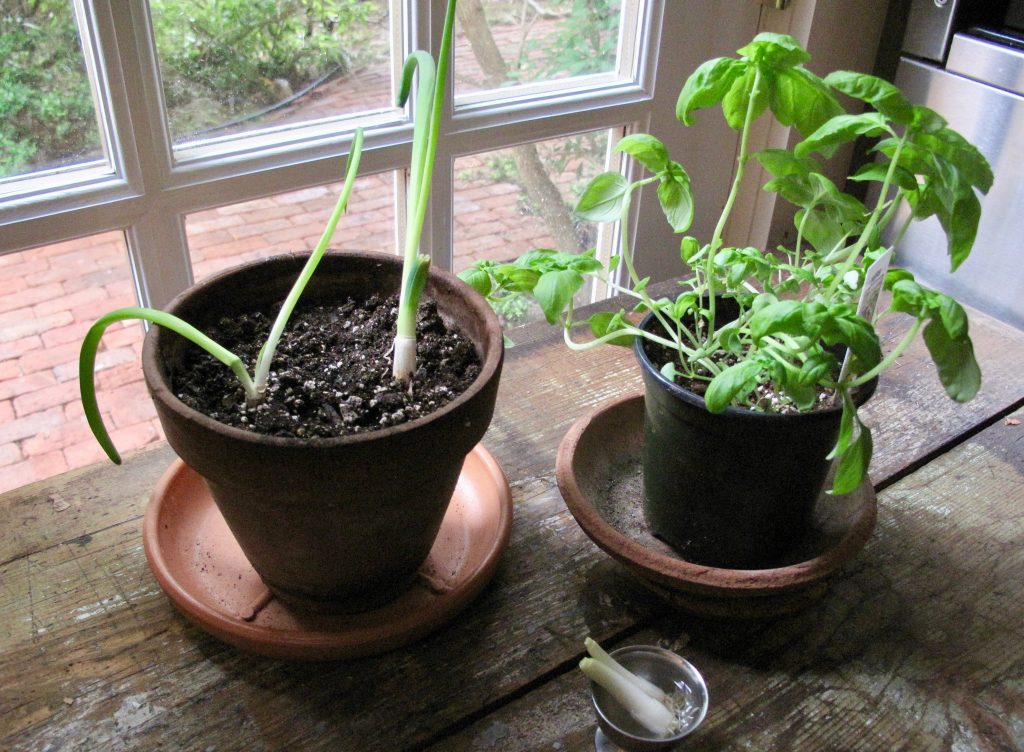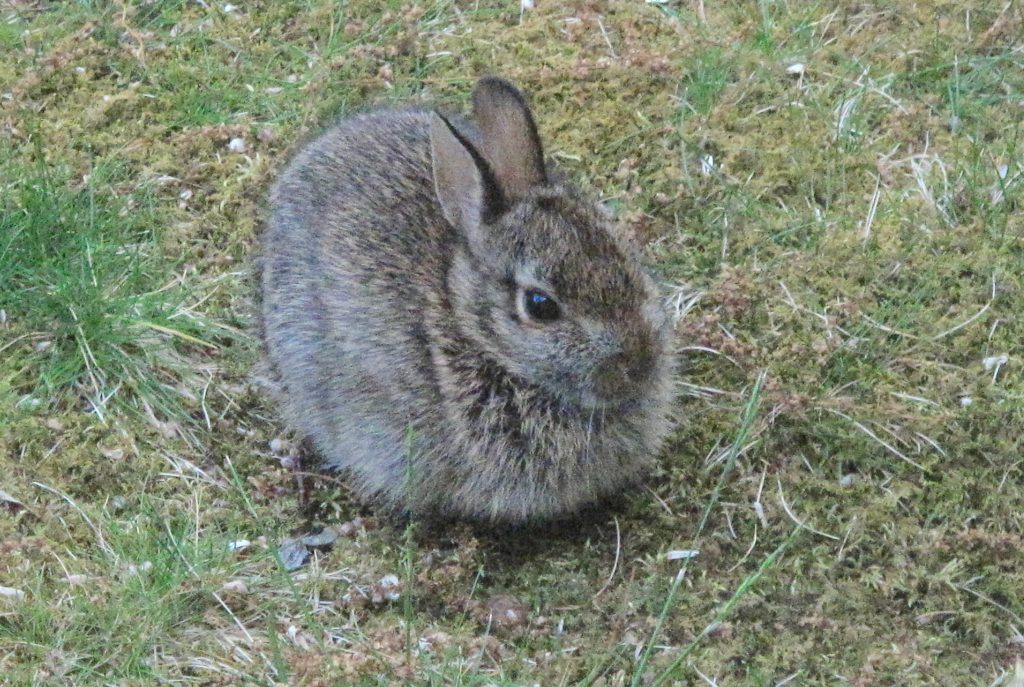
Monday, June 22
“With remarkable speed, social life revived. People’s ability to forget what they do not want to know, to overlook what is before their eyes, was seldom put to the test better.… The population decided—out of sheer panic at first—to carry on as if nothing had happened.”—W.G. Sebald, On The Natural History of Destruction
That was Germany at the end of World War II, but across history, human responses to catastrophe can be much the same. As the U.S. lockdown restrictions ease—and Phase Three arrives on Wednesday—will Americans behave in a similar fashion, carrying on as if nothing had happened?
So far, near sanity seems to be prevailing. The flopped Trump rally in Oklahoma suggests that the survival instinct is stronger than any American desire for torchlight parades and scapegoating. “Kung Flu,” as Orange Man dubbed COVID-19, was said to be both a Chinese import and a hoax invented by the liberal media. In a Tulsa stadium that seats 19,000, only 6,200 people were persuaded. Others stayed at home with their Swanson frozen dinners or delivery pizza.
Phase Three allows restaurants here to reopen with a 50% capacity so long as tables are six feet apart. Personal services such as nail salons and massage joints can reopen, too. But, even though Long Island has been spared the worst of the pandemic, I don’t envision long lines outside of Sam’s or Babette’s on Newtown Lane in East Hampton. Few people are that desperate.
Here I still struggle with our petty daily tasks, primarily menu planning and cooking. (We don’t do a lot of cleaning, and I pay others to attend to yard duty.) Considerations include using fresh vegetables before they turn bad, and keeping dinners interesting by avoiding repetition and introducing new dishes. Emily has discovered that Peapod will deliver fresh sugar snap peas, so I’ve made sugar snap peas with mushrooms; a sugar snap peas, yogurt, and dill salad (I threw in cucumbers and used goat cheese rather than feta); and I am thinking about a stir-fry with sugar snap peas, water chestnuts, and some kind of Asian sauce.
Tonight we’ll use the fresh mushrooms in an oft-served dish, chicken with mushrooms and balsamic vinegar. One remaining chicken breast from a package of three remains in the freezer. I’ll likely use it in a chicken salad with apples and celery. Maybe the snap pea stir-fry would make a good accompaniment. In between the two chicken dishes, I might make a pasta dish we’ve also had several times, penne with roasted red peppers, goat cheese, and toasted walnuts.
And in-between, there can be more beans and rice or a lentil salad with scallions and walnuts.
Dinner tonight: Along with the balsamic chicken, there will be couscous (we’ve got lots) and a green salad.
Entertainment: more episodes of Broadchurch.

